When it comes to automotive repairs, finding the right adhesive is crucial. Whether you're fixing a cracked windshield or attaching trim panels, having the correct car glue can make all the difference. But with so many types of adhesives on the market, how do you know which one is right for your specific repair needs?
Epoxy adhesives for automotive repairs
Epoxy adhesives are known for their exceptional strength and durability. They are commonly used in automotive repairs that require a strong bond, such as fixing cracks in engine blocks or repairing broken plastic parts. Epoxy adhesives consist of two components - resin and hardener - which need to be mixed together before use. Once mixed, epoxy adhesives offer excellent resistance to heat, chemicals, and vibrations. However, they can take a longer time to cure compared to other types of adhesives.
Polyurethane adhesives for automotive repairs
Polyurethane adhesives are versatile and widely used in automotive repairs. They are known for their strong bond and flexibility, making them suitable for a wide range of applications. Polyurethane adhesives are commonly used in attaching trim panels, bonding windshields, and sealing joints. They offer excellent resistance to water, heat, and chemicals. Additionally, polyurethane adhesives have good gap-filling properties, ensuring a strong bond even on uneven surfaces. However, they can be difficult to remove once cured, so precision during application is crucial.
Silicone adhesives for automotive repairs
Silicone adhesives are known for their excellent resistance to extreme temperatures and weather conditions. They are commonly used in automotive repairs that require sealing and bonding applications. Silicone adhesives are flexible, waterproof, and provide good adhesion to various surfaces, including metal, glass, and rubber. They are often used in sealing windshields, headlights, and taillights. However, silicone adhesives may not offer the same level of strength as epoxy or polyurethane adhesives, so they are more suitable for non-structural repairs.
Cyanoacrylate (CA) Glue for automotive repairs
Also known as super glue, CA glue is ideal for quick fixes and bonding small components. It forms strong bonds rapidly but may not be suitable for load-bearing applications.
Threadlockers for automotive repairs
Threadlockers are adhesives designed to secure threaded fasteners, preventing loosening due to vibration and maintaining tight, secure connections over time. With various options available, selecting the right threadlocker can significantly impact the longevity and performance of your vehicle repairs.
Choosing the right adhesive for your specific automotive repair needs
Now that you have a better understanding of the different types of car glue available, how do you choose the right adhesive for your specific automotive repair needs? Here are some factors to consider:
1. Application: Determine the nature of your repair. Is it a structural or non-structural repair? Will the adhesive be exposed to extreme temperatures or chemicals? Consider the specific requirements of your repair to narrow down the options.
2. Strength: Assess the strength required for your repair. Structural repairs will require adhesives with high tensile and shear strength, such as epoxy or polyurethane adhesives. Non-structural repairs may allow for more flexible options, such as silicone adhesives.
3. Curing time: Consider the time you have available for the repair. Epoxy adhesives, while strong, may require a longer curing time compared to other adhesives. If time is a constraint, opt for CA adhesives that offer quicker curing times.
4. Compatibility: Ensure that the adhesive is compatible with the materials you are working with. Some adhesives may not bond well with certain surfaces or materials, so verify compatibility before proceeding.
By considering these factors, you can narrow down your options and choose the right adhesive for your specific automotive repair needs.

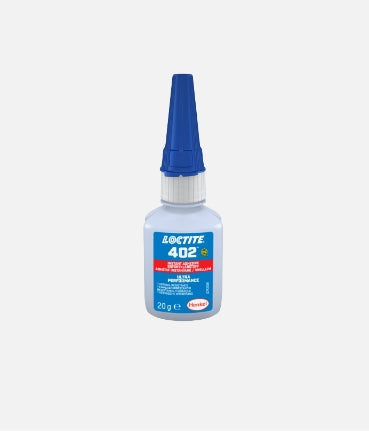
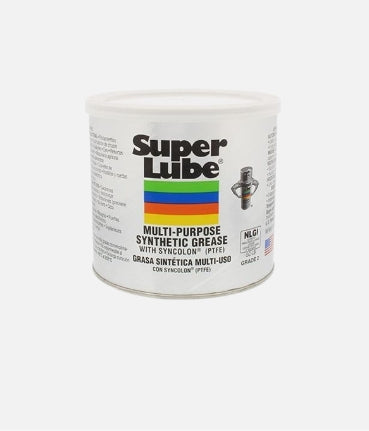
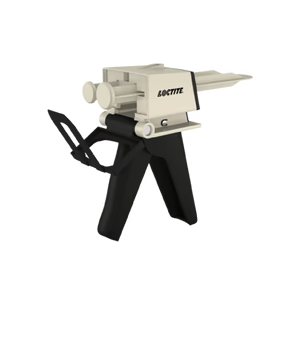
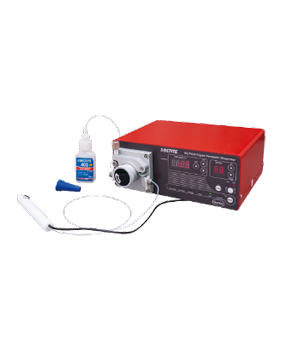
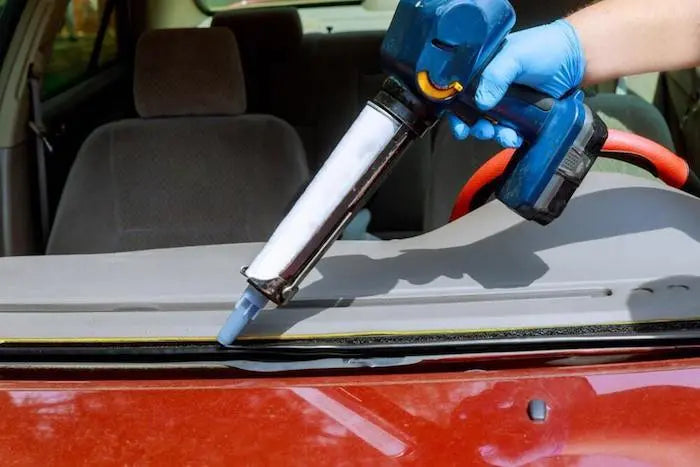
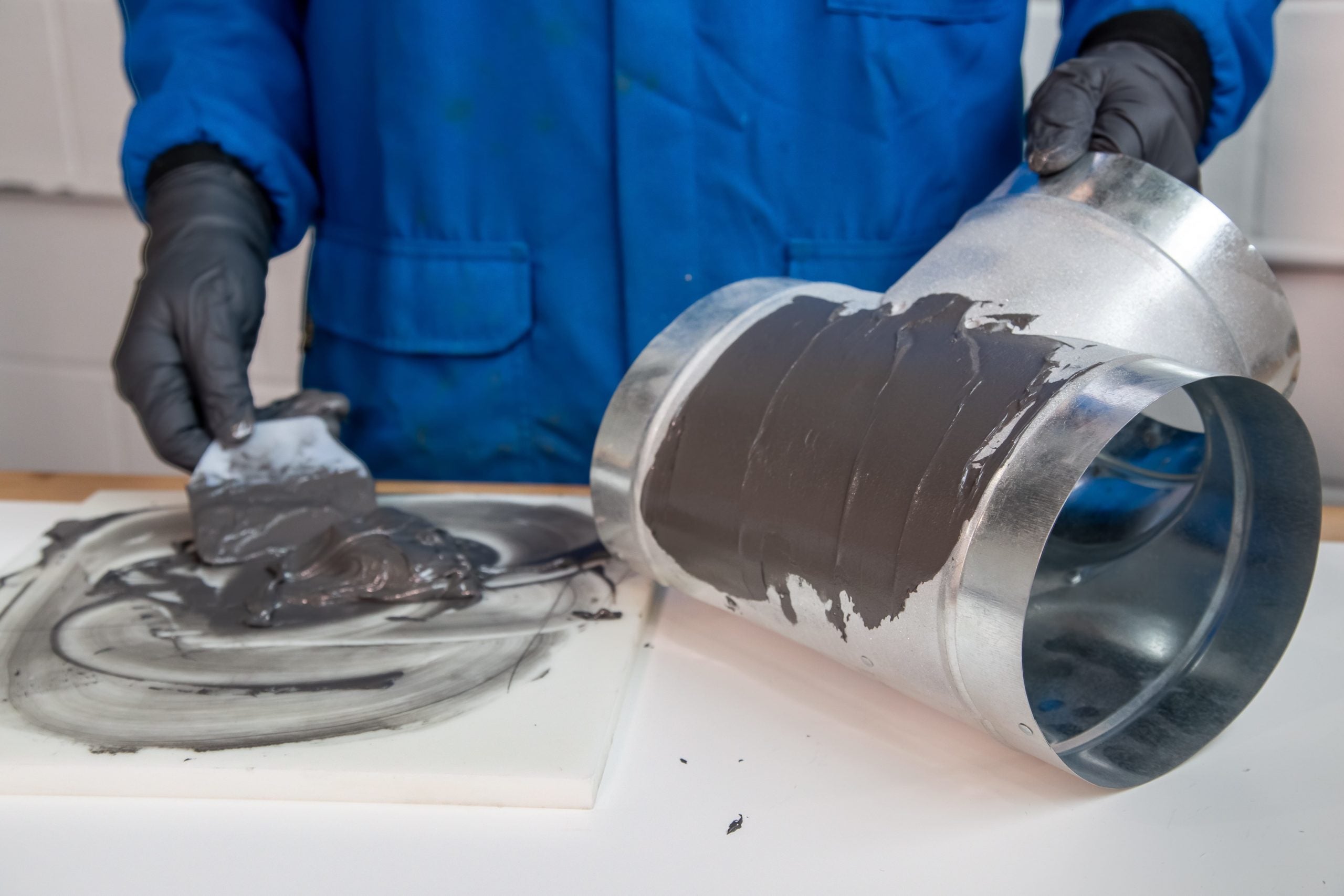

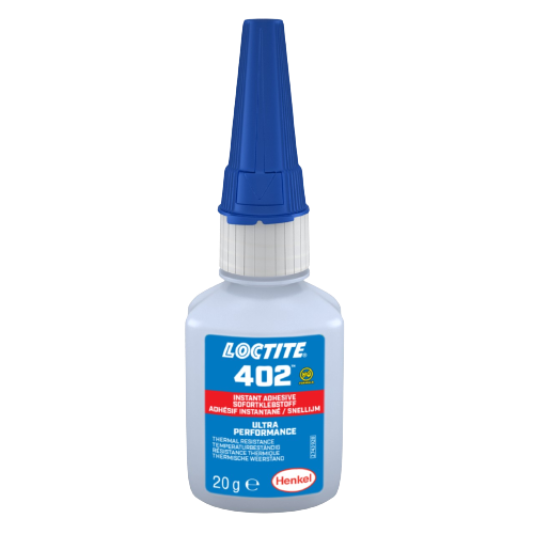
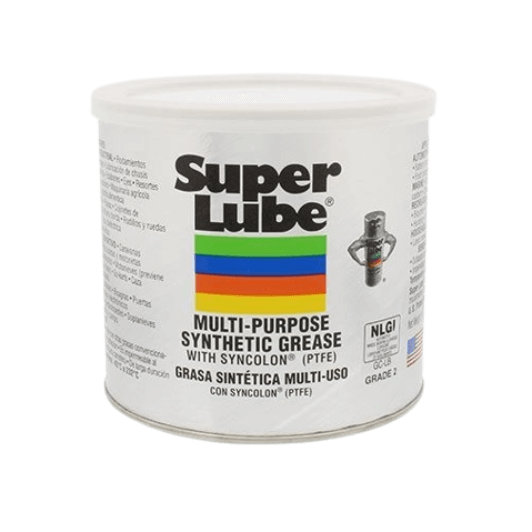
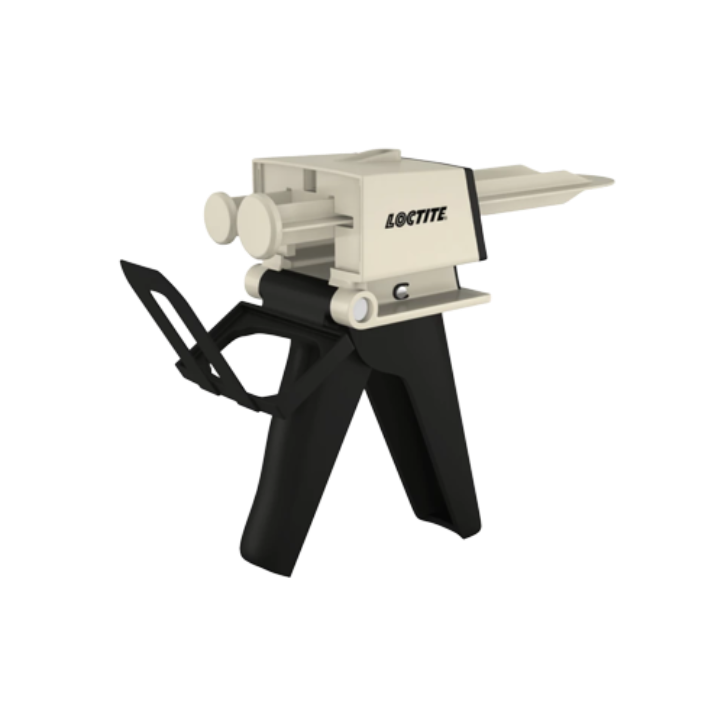
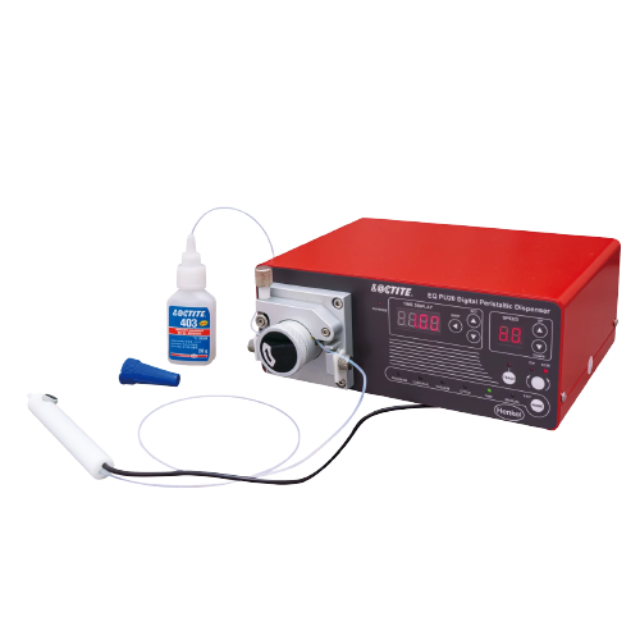
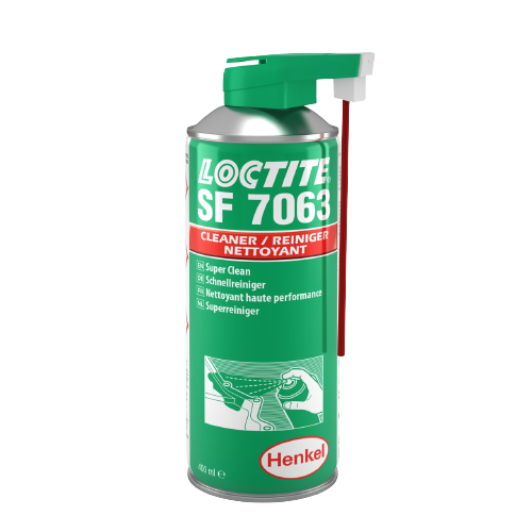
Leave a comment
All comments are moderated before being published.
This site is protected by reCAPTCHA and the Google Privacy Policy and Terms of Service apply.